University Complutense Madrid
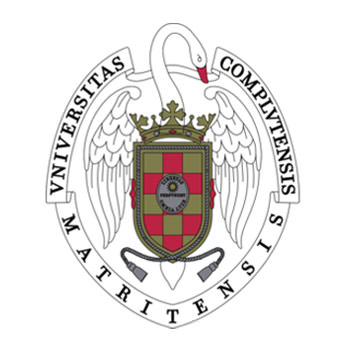
Founded: 1293
Address: Ciudad Universitaria - Madrid, Spain
Phone: +34 914 520400
Address: Ciudad Universitaria - Madrid, Spain
Phone: +34 914 520400
Here you find out University Complutense Madrid complete information about fees, location, degree University Complutense Madrid offers, number, website, and much more. University Complutense Madrid is a leading university in Madrid - Spain.
You can also find out jobs at University Complutense Madrid for students, teachers, and professors. We also update the database for an internship at University Complutense Madrid for students.
The Complutense University of Madrid is a public research university located in Madrid, and one of the oldest universities in the world. The university enrolls over 86,000 students , and consistently ranks as one of the top universities in Spain. It is located on a sprawling campus that occupies the entirety of the Ciudad Universitaria district of Madrid, with annexes in the district of Somosag...uas in the neighboring city of Pozuelo de Alarcón.
In recent years, the roster of alumni comprises winners of the Nobel Prize, Prince of Asturias Awards, Miguel de Cervantes Prize, as well as European Commissioners, Presidents of the EU Parliament, European Council Secretary General, ECB Executive Board members, NATO Secretary General, UNESCO Director General, IMF Managing Director, and Heads of State. According to the Spanish newspaper El Mundo, the university is widely regarded as the most prestigious academic institution in Spain.
In the course of over seven centuries, the University of Madrid has provided invaluable contributions in the sciences, fine arts, and political leadership. Alumni include renowned philosophers, writers, scientists, historians, military leaders, foreign leaders, and many Prime Ministers of Spain. In the year 1785, the University of Madrid became one of the first Universities in the world to grant a Doctorate degree to a female student. By Royal Decree of 1857, the University of Madrid was the only institution in Spain authorized to grant doctorates throughout the Spanish Empire.
The origin of The Complutense University dates back to the late 13th century, when Sancho IV of Castile granted the Archbishop of Toledo, Gonzalo García Gudiel, a licence to create the General School of Study in Alcalá (Estudio de Escuelas Generales de Alcalá) in the city of Alcalá de Henares in the spring of 1293.
The main building of the Cisnerian University (Universidad Cisneriana) was the San Ildefonso Hall of Residence. In January 1510, Cisneros approved its Constitution which laid out the rules governing the institution and set the rights and duties of every member of the community.
Francisco Jiménez de Cisneros, Cardinal and Archbishop of Toledo, Regent of Castile and alumnus of the General School, established the Complutensis Universitas (the Latin name of Complutense University), through a Papal Bull granted by Pope Alexander VI on 13 April, 1499. Cisneros provided the new university with a vast area of rustic and urban land as a show of his support for the university.
Along with the San Ildefonso Hall of Residence, several small residences were also founded by Cisneros. Special mention must be made of the San Pedro and San Pablo residences, which belonged to the Franciscan Order, of which Cisneros was a member. The College of the Mother of God (Colegio de la Madre de Dios), subsequently known as the College of the Theologians (Colegio de los Teólogos), in which studies of theology and medicine were taught; Santa Catalina Ode (Arts & Physics); College of San Balbina (also known as the Collego for Logicians in which the first courses of Art were taught) and The Colleges of San Eugenio and San Isidoro, which merged into the College of San Ambrosio in the seventieth century and was known as for Grammarians (de los gramáticos) for Latin and Greek language studies. During the second quarter of the sixteenth century, about thirty new schools related to religious orders, military, royal and private institutions were founded
In the academic year 1509-1510, the Complutense already operated with five major schools: Arts and Philosophy, Theology, Canon Law, Philology and Medicine. The university was influenced by Renaissance thought and the ideals of humanism against the old conception of the medieval universities. In order to reconcile theology with the principles of the classical period in accordance with the guidelines of the reform movement embodied by the Franciscan Order, the Cisnerian University intended to recover spiritual values lost during the Middle Ages. In addition, the university focused on training lawyers and theologians, who served the Monarchy, to manage the increasingly complex structure of the administration.
The prestige of the studies and teachers at the Complutense became the model on which new universities in Latin America would be established. The golden era of the university lasted until the seventeenth century, when its decline began as a result of the effects of the Counter-Reformation. Up until then, the university had been the core of humanistic thought for the Spanish Monarchy.
Enlightenment Reforms unsuccessfully attempted to overcome the decline of the university at this time. Until well into the 18th century, higher education was based on the scholastic method of exposition and debate. In order to overcome this unsustainable situation, the reform for study programmes was proposed in 1770, during the Reign of Charles III and faced strong resistance from the universities. During the Enlightenment period and according to the centralization policy supported by the Bourbon Monarchy, some new centres were established in which research and specialized education began to share the same space. These included the Cabinet of Natural History (Gabiente de Historia Natural) in 1771, The Royal Botanical Garden (Real Jardín Botánico) in 1755 and Royal Observatory of Madrid (Real Observatorio de Madrid) in 1790.
The outbreak of the French Revolution in 1789, as well as the subsequent political and social instability which led to the War of Independence and the Age of Absolutism, spelled the end of the reforming principles of the Enlightenment.
You can also find out jobs at University Complutense Madrid for students, teachers, and professors. We also update the database for an internship at University Complutense Madrid for students.
The Complutense University of Madrid is a public research university located in Madrid, and one of the oldest universities in the world. The university enrolls over 86,000 students , and consistently ranks as one of the top universities in Spain. It is located on a sprawling campus that occupies the entirety of the Ciudad Universitaria district of Madrid, with annexes in the district of Somosag...uas in the neighboring city of Pozuelo de Alarcón.
In recent years, the roster of alumni comprises winners of the Nobel Prize, Prince of Asturias Awards, Miguel de Cervantes Prize, as well as European Commissioners, Presidents of the EU Parliament, European Council Secretary General, ECB Executive Board members, NATO Secretary General, UNESCO Director General, IMF Managing Director, and Heads of State. According to the Spanish newspaper El Mundo, the university is widely regarded as the most prestigious academic institution in Spain.
In the course of over seven centuries, the University of Madrid has provided invaluable contributions in the sciences, fine arts, and political leadership. Alumni include renowned philosophers, writers, scientists, historians, military leaders, foreign leaders, and many Prime Ministers of Spain. In the year 1785, the University of Madrid became one of the first Universities in the world to grant a Doctorate degree to a female student. By Royal Decree of 1857, the University of Madrid was the only institution in Spain authorized to grant doctorates throughout the Spanish Empire.
The origin of The Complutense University dates back to the late 13th century, when Sancho IV of Castile granted the Archbishop of Toledo, Gonzalo García Gudiel, a licence to create the General School of Study in Alcalá (Estudio de Escuelas Generales de Alcalá) in the city of Alcalá de Henares in the spring of 1293.
The main building of the Cisnerian University (Universidad Cisneriana) was the San Ildefonso Hall of Residence. In January 1510, Cisneros approved its Constitution which laid out the rules governing the institution and set the rights and duties of every member of the community.
Francisco Jiménez de Cisneros, Cardinal and Archbishop of Toledo, Regent of Castile and alumnus of the General School, established the Complutensis Universitas (the Latin name of Complutense University), through a Papal Bull granted by Pope Alexander VI on 13 April, 1499. Cisneros provided the new university with a vast area of rustic and urban land as a show of his support for the university.
Along with the San Ildefonso Hall of Residence, several small residences were also founded by Cisneros. Special mention must be made of the San Pedro and San Pablo residences, which belonged to the Franciscan Order, of which Cisneros was a member. The College of the Mother of God (Colegio de la Madre de Dios), subsequently known as the College of the Theologians (Colegio de los Teólogos), in which studies of theology and medicine were taught; Santa Catalina Ode (Arts & Physics); College of San Balbina (also known as the Collego for Logicians in which the first courses of Art were taught) and The Colleges of San Eugenio and San Isidoro, which merged into the College of San Ambrosio in the seventieth century and was known as for Grammarians (de los gramáticos) for Latin and Greek language studies. During the second quarter of the sixteenth century, about thirty new schools related to religious orders, military, royal and private institutions were founded
In the academic year 1509-1510, the Complutense already operated with five major schools: Arts and Philosophy, Theology, Canon Law, Philology and Medicine. The university was influenced by Renaissance thought and the ideals of humanism against the old conception of the medieval universities. In order to reconcile theology with the principles of the classical period in accordance with the guidelines of the reform movement embodied by the Franciscan Order, the Cisnerian University intended to recover spiritual values lost during the Middle Ages. In addition, the university focused on training lawyers and theologians, who served the Monarchy, to manage the increasingly complex structure of the administration.
The prestige of the studies and teachers at the Complutense became the model on which new universities in Latin America would be established. The golden era of the university lasted until the seventeenth century, when its decline began as a result of the effects of the Counter-Reformation. Up until then, the university had been the core of humanistic thought for the Spanish Monarchy.
Enlightenment Reforms unsuccessfully attempted to overcome the decline of the university at this time. Until well into the 18th century, higher education was based on the scholastic method of exposition and debate. In order to overcome this unsustainable situation, the reform for study programmes was proposed in 1770, during the Reign of Charles III and faced strong resistance from the universities. During the Enlightenment period and according to the centralization policy supported by the Bourbon Monarchy, some new centres were established in which research and specialized education began to share the same space. These included the Cabinet of Natural History (Gabiente de Historia Natural) in 1771, The Royal Botanical Garden (Real Jardín Botánico) in 1755 and Royal Observatory of Madrid (Real Observatorio de Madrid) in 1790.
The outbreak of the French Revolution in 1789, as well as the subsequent political and social instability which led to the War of Independence and the Age of Absolutism, spelled the end of the reforming principles of the Enlightenment.
Read More
Details:
LeaderShip: Rector: Carlos Andradas
Fees:
Time:
Phone Number: +34 914 520400
City: Madrid
Fees:
Time:
Phone Number: +34 914 520400
City: Madrid
Timing:
Country: Spain
Staff: 11162
Website: http://www.ucm.es
Country: Spain
Staff: 11162
Website: http://www.ucm.es
Subjects:
Video:
Jobs in University Complutense Madrid
Currently, there is no job opening in University Complutense Madrid as per our database.

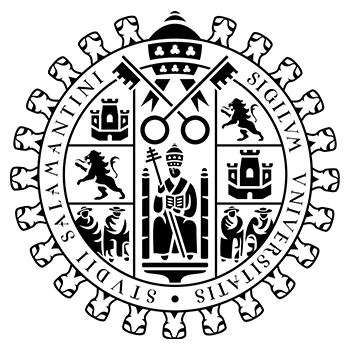
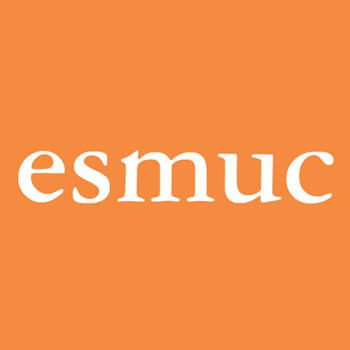
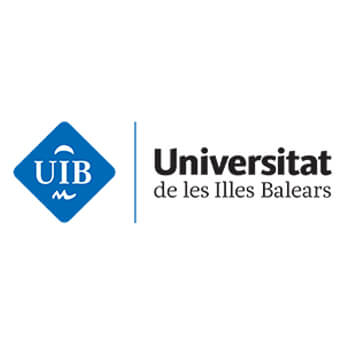
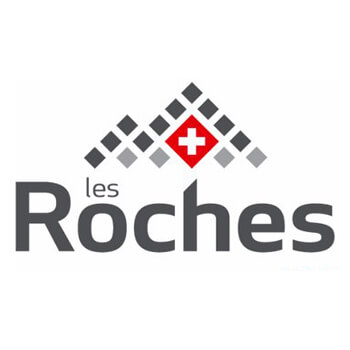

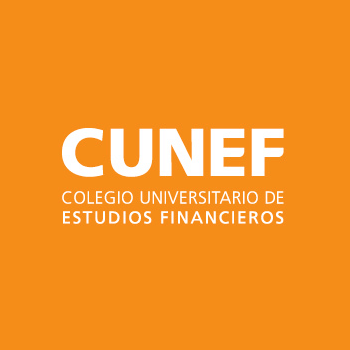
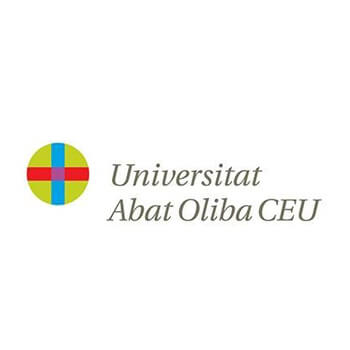
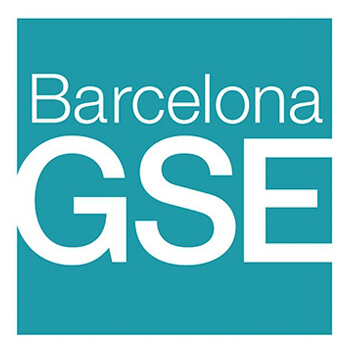




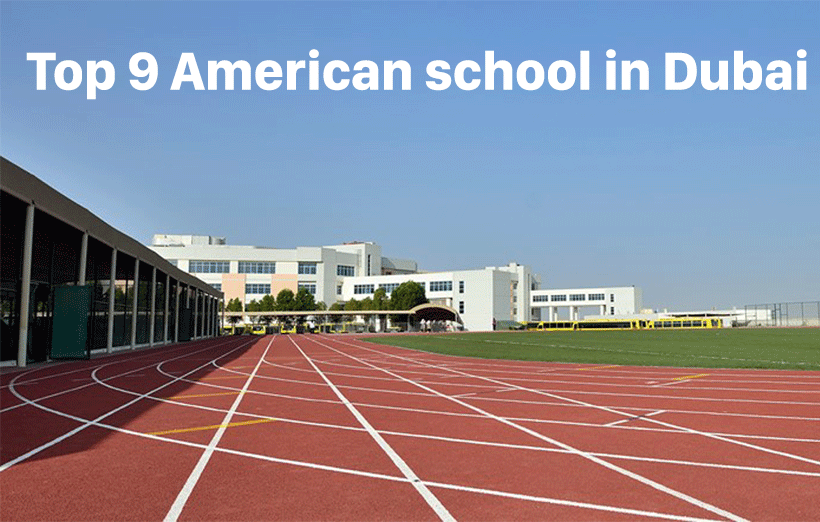





Leave a Reply